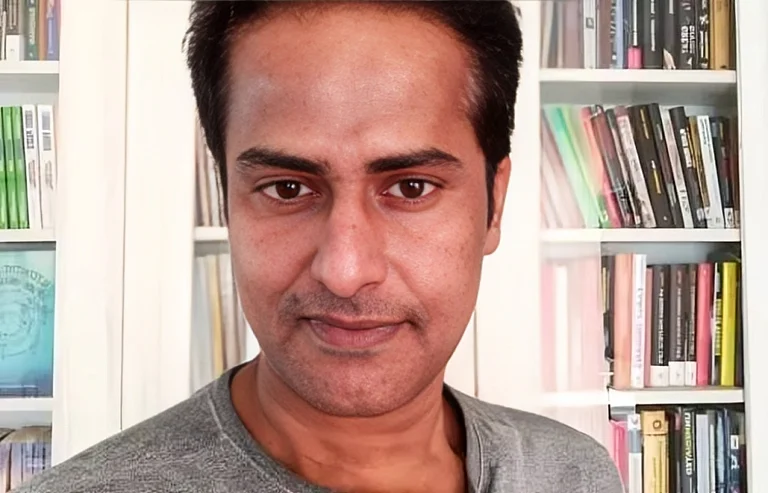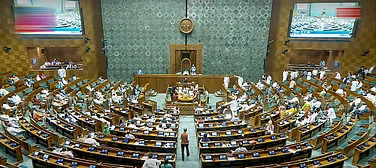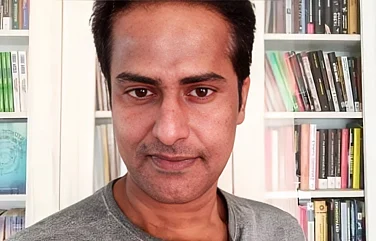The Supreme Court on Monday dismissed a petition challenging the setting up of panels in Uttarakhand and Gujarat over the issue of Uniform Civil Code (UCC).
The SC bench of Chief Justice of India (CJI) DY Chandrachud and Justice PS Narasimha said the PIL was devoid of merits and did not warrant consideration.
Uttarakhand and Gujarat have constituted panels in their states to study the implementation of UCC, a key agenda of Bharatiya Janata Party (BJP) over years.
The SC said the constitution of such committees by the states cannot be challenged for being ultra vires to the constitution.
The SC said, "There was nothing wrong for the states to constitute committees under Article 162 of the Constitution, which gives the power to the executive to do so...The Constitution of the committees set by the state governments is challenged in this PIL. Article 162 of the Constitution empowers the State to constitute such committees. What is wrong with it? Entry 5 of the 7th schedule of the Constitution gives such power to the States to form a committee. Setting up such committees cannot be said to be ultra-vires the Constitution."
Article 162 of the Constitution states that the executive power of a State shall extend to the matters with respect to which the legislature of the State has power to make laws.
What's Uniform Civil Code, what's the PIL about?
Both Uttarakhand and Gujarat governments have constituted committees to look into the issue of implementation of Uniform Civl Code (UCC). The PIL had challenged it.
Besides Uttarakhand and Gujarat, Karnataka and Assam have also gone public in recent months with the intention of considering the implementation of UCC. All of these states are run by the BJP at the moment.
Currently, personal affairs such marriages, divorces, and inheritance are governed by religion-specific laws, such as Hindu Marriage Act or Christian Marriage Act. The UCC would replace these different religious-specific laws with one set of laws.
Traditionally, the implementation of the UCC has been among the major planks of the BJP along with the construction of Ram Mandir in Ayodhya and the abrogation of Article 370 of the Constituion of India related to Jammu and Kashmir.
The idea of the UCC is also rooted in the Constitution. It's mentioned in Article 44 of Part IV of the Constitution. The part contains Directive Principles of State Policy (DPSPs), which are not enforceable but are meant to serve as the guiding principles of legislatures.
"The State shall endeavour to secure for the citizens a uniform civil code throughout the territory of India," says Article 44.
While DPSPs are not enforceable, several provisions listed under DPSPs have been made into laws in the years sincet the Constitution came into being.
"Since 1950, the successive governments at the Centre and in the states have made several laws and formulated various programmes for implementing the Directive Principles of State Policies," notes M Laxmikanth in his book Indian Polity, and lists some examples like the establishment of Planning Commission, laws for minimum wages and equal treatment of workers, maternity benefit laws, legal aid provisions, etc.
Several other petitions are also pending before the Supreme Court seeking uniform ground and procedures of divorce, adoption and guardianship for all communities across the country. The Centre has maintained the issue of Uniform Civil Code falls within the domain of legislature.
(With PTI inputs)


























